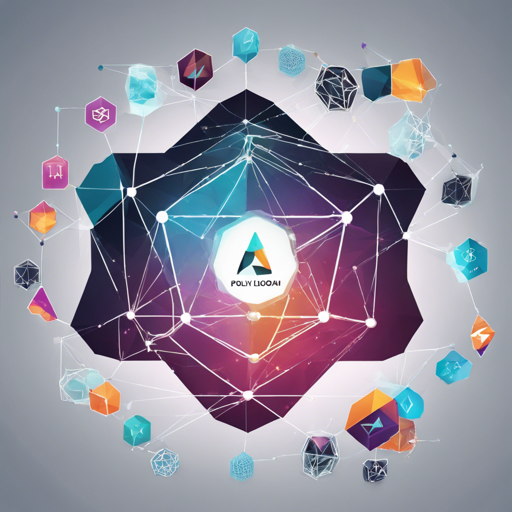Welcome to the world of flashloans! If you’re looking to leverage the capabilities of the polygon network through the Poly-Flash open-source smart contract, you’ve come to the right place. This guide will walk you through the setup, usage, and troubleshooting of this smart contract with ease.
Installation Steps
Follow these simple steps to get started with Poly-Flash:
1. Install Prerequisites
2. Clone the Repository
Use the following command to clone the Poly-Flash repository:
git clone https://github.com/yuichiroaoki/poly-flash.gitThen navigate into the project directory:
cd poly-flashQuickstart
1. Setup Environment Variables
To run the Poly-Flash contract, you’ll need to set up an environment variable. Here’s how:
- Get your ALCHEMY_POLYGON_RPC_URL from Alchemy (it’s free!) and create a
.envfile with the following line:
ALCHEMY_POLYGON_RPC_URL=your-own-alchemy-polygon-mainnet-rpc-urlAdd Your Private Key
To execute flashloans on the polygon mainnet, you’ll need to add your PRIVATE_KEY:
- Retrieve your private key from MetaMask and ensure it starts with
0x.
PRIVATE_KEY=your-PRIVATE_KEY2. Install Dependencies
Run this command to install required dependencies:
yarn install3. Compile Smart Contracts
To compile the smart contracts, execute the following command:
yarn compile4. Test on Polygon Mainnet Fork
You can test the contracts using the command below:
yarn test test/polygon/do_doflash.test.tsDeploying the Contract
Once you've successfully completed the quickstart, deploy your smart contract with the following command:
yarn deploy --network polygonNote: It costs around 0.2 MATIC to deploy the Flashloan contract.
Additional Operations
For liquidations, use the following commands:
yarn liquidationsDeployFor deployment on the mainnet, execute:
yarn liquidations --network polygonUnderstanding the Code: An Analogy
Think of deploying the Poly-Flash smart contract like setting up a new café:
- Installing Node.js and Yarn is like procuring the key ingredients you need to serve the perfect cup of coffee.
- Cloning the Repository is akin to getting all the café equipment in place and ready for action.
- Setting Environment Variables represents hiring the right staff members who know how to operate your café smoothly.
- Compiling Smart Contracts is when everything is put together, ensuring your coffee is brewed to perfection.
- Finally, Deploying the Contract is like opening your café doors to welcome customers in!
Troubleshooting
If you encounter any issues during your setup or execution, here are a few troubleshooting tips:
- Double-check your environment variables in the
.envfile to ensure they are correct. - Ensure that your
yarninstall command has completed successfully before attempting to run or compile contracts. - If your transactions fail, verify that your wallet has sufficient MATIC to cover the deployment costs.
For more insights, updates, or to collaborate on AI development projects, stay connected with fxis.ai.
Conclusion
At fxis.ai, we believe that such advancements are crucial for the future of AI, as they enable more comprehensive and effective solutions. Our team is continually exploring new methodologies to push the envelope in artificial intelligence, ensuring that our clients benefit from the latest technological innovations.

